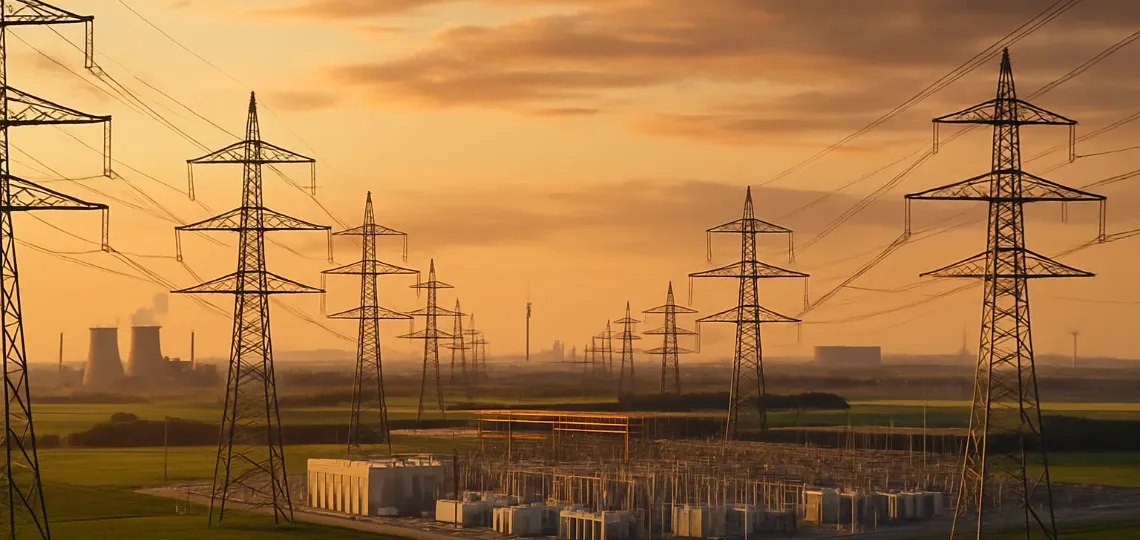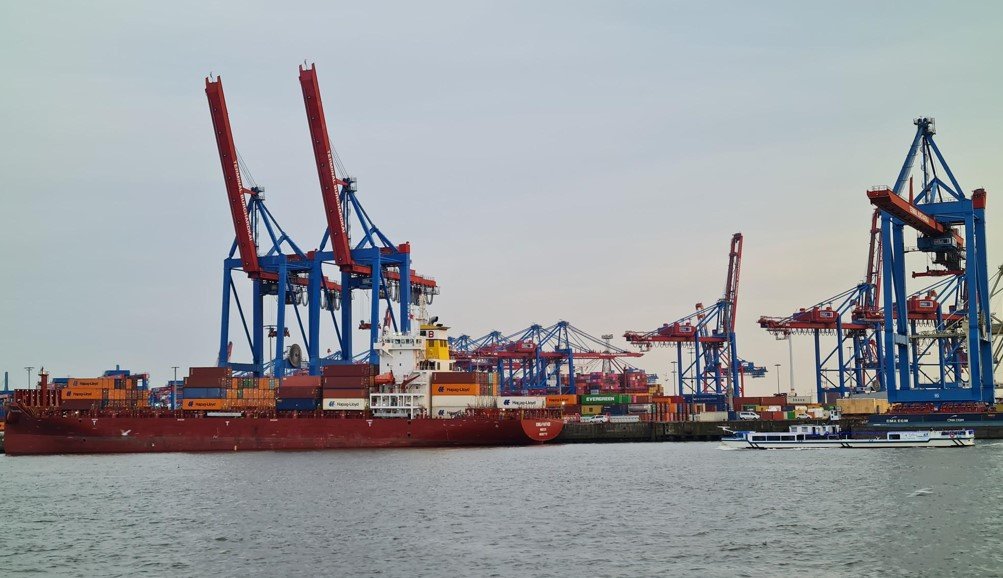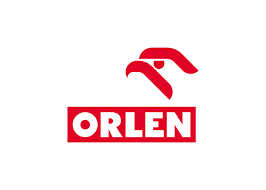The European Commission has announced a comprehensive initiative to modernize electricity grids across Europe, with a projected investment of approximately 584 billion euros by 2030. This initiative is designed to strengthen the continent’s energy and industrial autonomy, responding to the urgent need for enhanced energy infrastructure.
The plan aims to accelerate the integration of the European electricity market by expediting the construction of cross-border interconnections and simplifying regulatory processes. Current delays in grid modernization are identified as barriers to Europe’s competitive edge in the global economy.
To facilitate these investments, national regulators are encouraged to revise their tariff methodologies. The proposed regulatory changes will streamline administrative procedures, which is expected to significantly reduce the time required to authorize cross-border projects. In addition, a financial package of 1.5 billion euros will be directed toward manufacturers producing components for European electricity grids. The European Investment Bank (EIB) will assist in providing the necessary financing for these projects.
In tandem with the grid modernization, the Commission is also launching the Clean Industrial Deal, which aims to mobilize at least 100 billion euros through a new Industrial Decarbonisation Bank. This initiative targets energy-intensive sectors such as metallurgy, chemicals, and heavy industry. The goal is to support innovative projects that can lower energy costs while maintaining the competitiveness of European industries. A pilot program worth 500 million euros will focus on securing renewable energy Power Purchase Agreements (PPAs). Furthermore, the deal includes plans for a circular economy strategy and a joint purchasing approach for critical raw materials, reinforcing Europe’s industrial autonomy.
The European Parliament has shown strong support for these initiatives, with a recent report indicating broad backing for the reinforcement of Europe’s electrical grids, referred to as the “backbone” of the EU energy system. The Parliament also emphasizes the need to improve the Carbon Border Adjustment Mechanism (CBAM) to protect European industries from global competition.
Despite the ambitious framework, the initiative faces several operational challenges. Technical and administrative issues related to cross-border projects could delay the implementation of these reforms. To address these challenges, the European Union plans to regularly update the regulatory framework in collaboration with national regulators and industry stakeholders.
Energy sector companies are encouraged to incorporate these reforms into their long-term investment strategies. With improved access to both public and private financing, there are substantial opportunities for development. However, the success of these initiatives will depend on the pace of project execution and the capacity of European institutions to maintain a stable regulatory environment.




